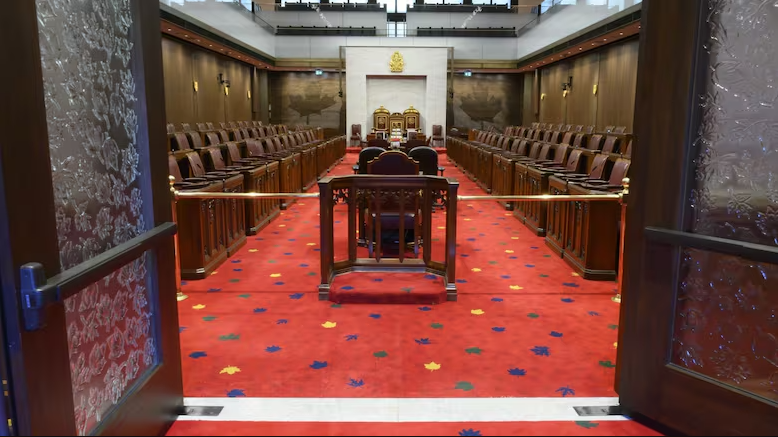Controversial Infrastructure Bills Face Pushback from B.C. First Nations over Rights and Environmental Concerns
Subhadarshi Tripathy
7/2/20252 min read


Three recently passed infrastructure and energy laws in British Columbia and at the federal level are sparking backlash from First Nations and environmental advocates, who argue the bills bypass Indigenous rights and environmental safeguards — and may soon face legal challenges.
In B.C., Bill 15, the Infrastructure Projects Act, and Bill 14, the Renewable Energy Projects (Streamlined Permitting) Act, are designed to speed up public and private infrastructure, including hospitals and critical mineral mines. Federally, Bill C-5 aims to remove interprovincial trade barriers and fast-track energy projects deemed of “national interest.”
But critics, including Hugh Braker, a B.C. lawyer and member of the First Nations Summit, warn the legislation is flawed and violates Indigenous consultation rights.
“Eventually, we’re going to find all three pieces of legislation in the courts,” Braker said. “First Nations don’t have the money for court fights, but they can’t afford to stay silent either.”
He said many Indigenous communities are particularly alarmed by mining and pipeline projects being approved in their territories without free, prior, and informed consent (FPIC) — a legal standard recognized under Canada’s commitments to the UN Declaration on the Rights of Indigenous Peoples (UNDRIP).
The Assembly of First Nations (AFN) echoed the concern, saying Ottawa gave them just seven days to review Bill C-5 before it passed.
“They should have taken the summer to do it properly,” said AFN National Chief Cindy Woodhouse Nepinak, pointing out many First Nations were dealing with wildfires during the review period.
She also rejected the idea that creating a government-appointed Indigenous advisory council could substitute for direct consultation with Indigenous nations.
At the federal level, critics highlight that Bill C-5 allows cabinet to exempt certain “designated projects” from environmental laws. An amendment proposed by Mi’kmaw Senator Paul Prosper to include FPIC was voted down.
In response to criticism, B.C. Infrastructure Minister Bowinn Ma acknowledged that consultation on Bill 15 was shorter than planned but insisted the act would not bypass Indigenous participation or reduce environmental standards.
“The Act can’t be used to shortcut Indigenous participation,” Ma told CBC News.
Still, skepticism remains high among Indigenous leaders. Braker warned that confidence in both Premier David Eby and Prime Minister Carney’s governments is eroding.
“The fire’s already started,” he said. “They need to rebuild trust — and right now, we don’t believe them.”
The AFN is hosting a virtual forum on July 10 to prepare for a July 17 meeting with the prime minister, where amendments to Bill C-5 are expected to be a major topic.
Critics say meaningful consultation must come before legislation passes — not after.
News
Stay updated with the latest BC news stories, subscribe to our newsletter today.
SUBSCRIBE
© 2025 Innovatory Labs Inc.. All rights reserved.
LINKS
